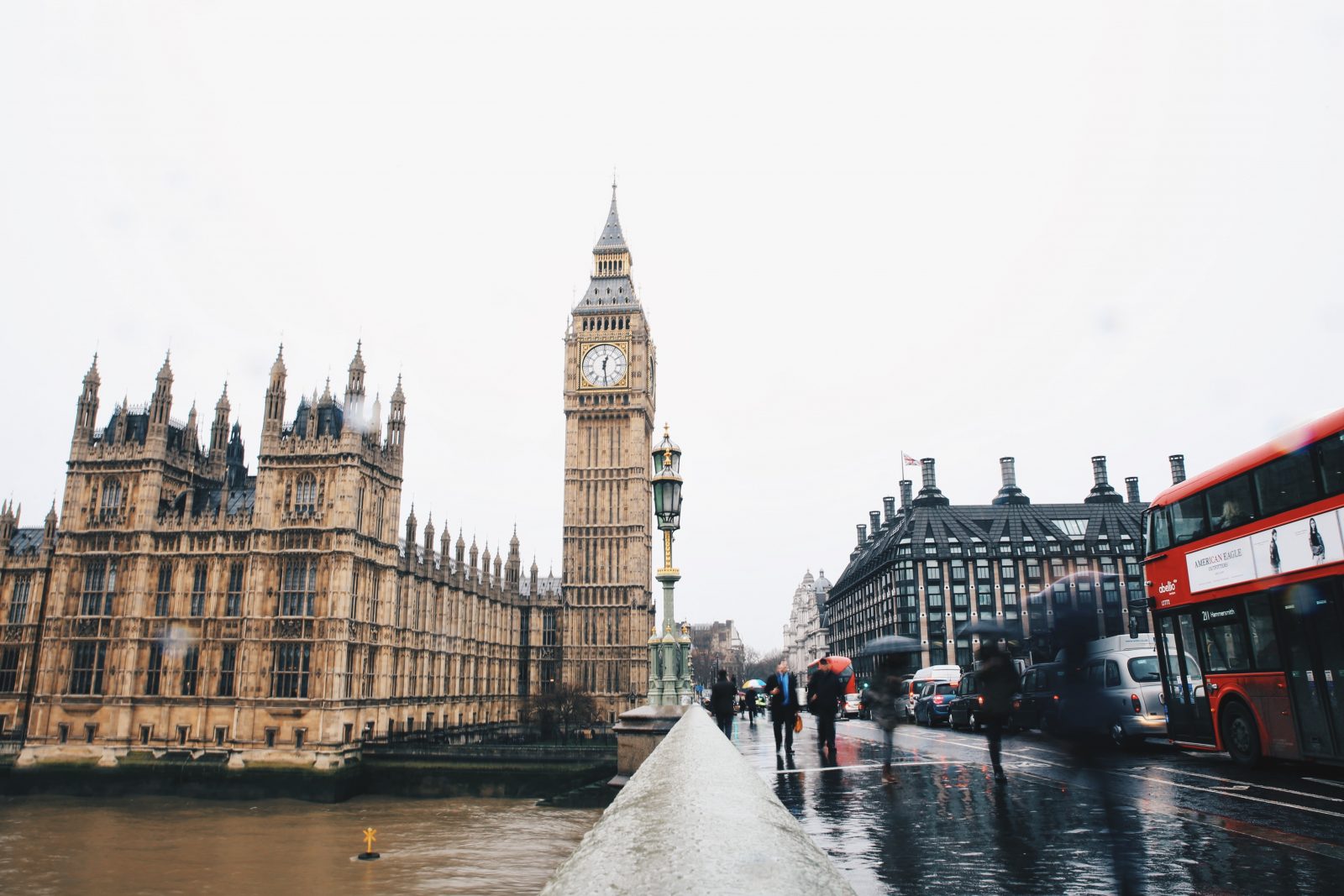
The British government will reduce the travel quarantine period for passengers entering the UK from high-risk countries to 10 days from the current two week self-isolation period in a move which is believed to have been introduced in order to increase compliance with quarantine rules. The reduced quarantine period will come into force just after midnight on December 14.
Unlike some countries, the UK expects travellers from Coronavirus hotspots to self-isolate at home for 14-days rather than in designated quarantine hotels where compliance can be monitored. Although the government has introduced police checks on travellers who are meant to be self-isolating, there is believed to be a very high level of non-compliance with some travellers simply ignoring the quarantine instructions altogether.
From December 15, travellers will also be able to reduce the quarantine period even further by taking a COVID-19 test on or after day five of self-isolation. Once the test comes back as negative, travellers are allowed to leave quarantine. Travellers have to pay for the test at a cost of around £120 and only approved labs can be used.
Although the incubation period for COVID-19 can take up to 14-days, most people start experiencing symptoms around five days after exposure. In a joint statement, the chief medical officers for England, Northern Ireland, Scotland and Wales said that after reviewing the evidence they were “confident” that the self-isolation period could be reduced.
The quarantine period will also be reduced to 10 days for people who are identified as close contacts of someone who has tested positive for the novel Coronavirus. The isolation period for COVID-positive patients is already set at 10 days after the onset of symptoms or positive test (whichever is earlier).
Last week, the British government stoked controversy when it announced plans to allow wealthy business people to skip quarantine altogether. The exemption is only for very specific circumstances but critics were dismayed that celebrities and sports stars might be able to enter the country without even taking a COVID-19 test.
The decision to reduce the self-isolation period comes several weeks after one study claimed a two-week quarantine was the least effective way to prevent the spread of COVID-19. The authors said non-compliance shot up with a longer self-isolation period but combining a three-day quarantine with a test would significantly reduce the risk of spreading the virus.
Mateusz Maszczynski honed his skills as an international flight attendant at the most prominent airline in the Middle East and has been flying ever since... most recently for a well known European airline. Matt is passionate about the aviation industry and has become an expert in passenger experience and human-centric stories. Always keeping an ear close to the ground, Matt's industry insights, analysis and news coverage is frequently relied upon by some of the biggest names in journalism.







